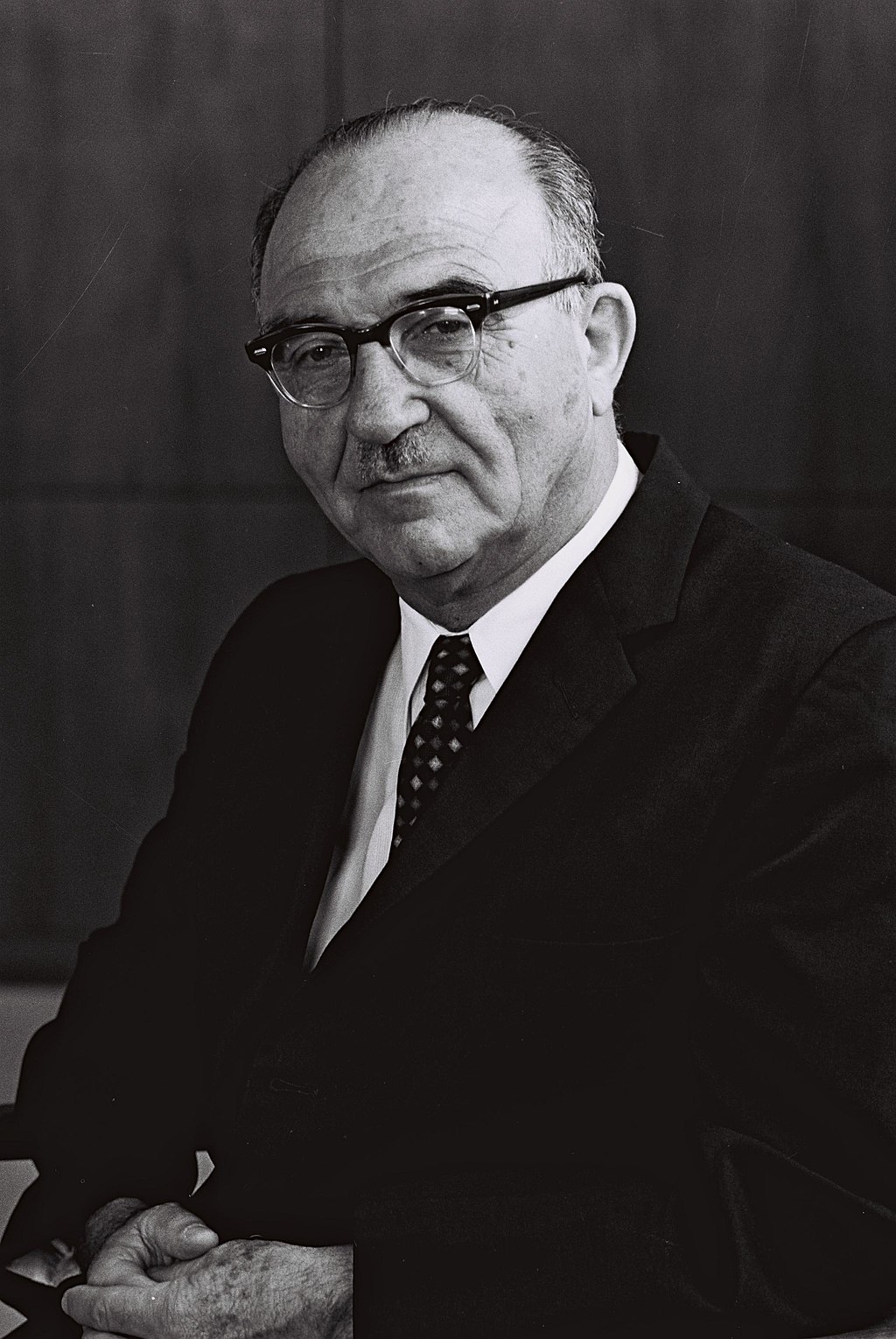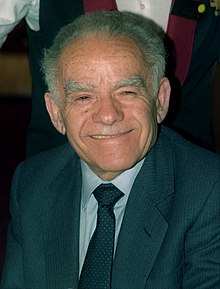Introduction
Moshe Dayan was one of Israel’s most iconic military leaders and a prominent figure in both the battlefield and the political arena. Born on May 20, 1915, in Degania Alef, Dayan’s image—with his distinctive eye patch—became synonymous with Israeli resilience and strength. He played a crucial role in several of Israel’s key military victories and later worked as a diplomat to achieve peace with neighboring countries.
Early Life and Military Career
Dayan was born in one of the first kibbutzim established in Palestine, embodying the pioneering spirit of early Zionist settlers. He joined the Haganah in his teens and later served in British military forces during World War II. It was during his service in the British army that Dayan lost his left eye, resulting in the signature eye patch that made him an enduring symbol of Israeli tenacity.
Chief of Staff and Key Military Engagements
Dayan rose through the ranks of the Israeli military and was appointed Chief of Staff of the Israel Defense Forces in 1953. He led the IDF during the Suez Crisis in 1956, where Israel, in coordination with Britain and France, successfully captured the Sinai Peninsula from Egypt. His innovative tactics and leadership during the conflict enhanced his reputation as a brilliant military strategist.
Dayan’s most prominent role came during the Six-Day War in 1967, when he served as Minister of Defense. Under his command, Israel achieved a swift and overwhelming victory against the combined forces of Egypt, Jordan, and Syria, capturing significant territories including the West Bank, Gaza Strip, Golan Heights, and Sinai Peninsula. This victory solidified Dayan’s status as a national hero and a symbol of Israeli military strength.
Political Career and Efforts for Peace
After his military career, Moshe Dayan transitioned into politics, joining the Labor Party. He served in various ministerial roles, including Minister of Agriculture and Minister of Defense. Later, Dayan joined Menachem Begin’s government as Foreign Minister and played a key role in the negotiations that led to the Camp David Accords in 1978.
Dayan’s involvement in the peace process with Egypt marked a shift from his previous military focus to a pursuit of diplomatic solutions. He was instrumental in fostering the dialogue that led to the signing of the peace treaty with Egypt, the first between Israel and an Arab nation, which laid the groundwork for future peace efforts in the region.
Legacy and Impact
Moshe Dayan’s legacy is complex, reflecting both his military prowess and his efforts to achieve peace. He is celebrated as a symbol of Israeli strength, yet also remembered for his pragmatism and willingness to negotiate with former enemies. Dayan’s career illustrates the balance between military might and diplomacy that has characterized much of Israel’s history.
Dayan passed away in 1981, but his influence on Israel’s military doctrine and diplomatic efforts remains significant. His life story continues to be studied and debated, offering insights into the challenges of leadership in a nation constantly balancing war and peace.



